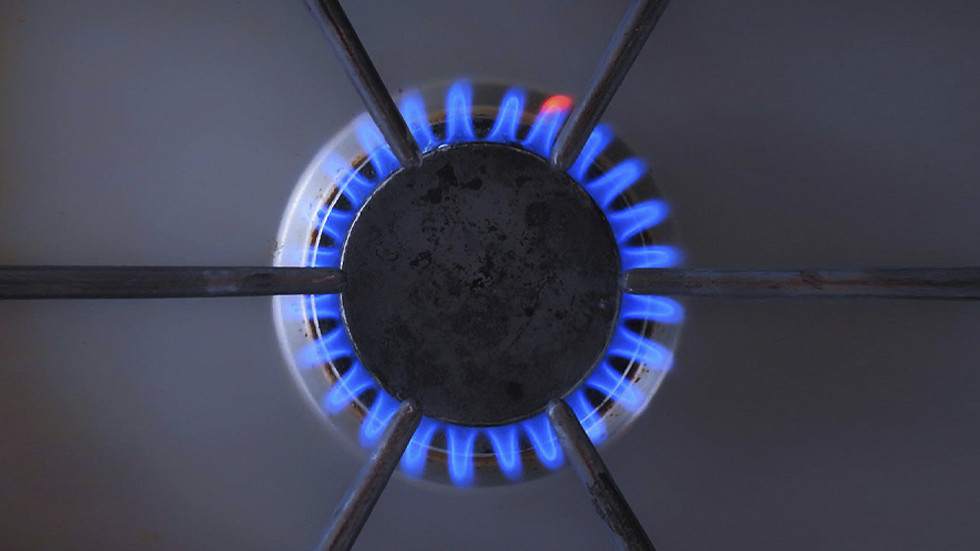
The decline has been attributed to unusually mild weather

© Getty Images / Theo Gutschlag / EyeEm
European gas futures dipped below $750 per thousand cubic meters on Wednesday for the first time since November 2021, data from the London Intercontinental Exchange (ICE) shows.
The cost of gas futures for February delivery at the TTF hub in the Netherlands was down more than 5% to $733 per thousand cubic meter or €67 ($71.1) per megawatt hour (MWh) in household terms early on Wednesday morning, before climbing slightly back up.
Europe is experiencing a milder than usual winter, with major cities like Berlin and Prague recording their warmest ever start to the month. Warm weather is forecast to persist in central and southern Europe. Higher than normal temperatures reduce the need for heating and alleviate concerns over gas storage levels, with inventories currently roughly 13% more full than the five-year average for today. Among other factors driving the gas prices lower are strong wind power production and sufficient supplies of liquefied natural gas.

At their peak in August, European gas prices topped €345 per MWh, sending household energy bills soaring and fueling a cost-of-living crisis across much of the continent.
In December, EU countries introduced an emergency cap on wholesale gas prices at €180 per megawatt-hour, to be triggered if gas futures trade at a higher level for three consecutive days. The measure will take effect on February 15.
However, despite the current decline, gas prices remain several times higher than the long-term average. Prior to spiking to historic highs this year on concerns over Russian energy supplies, TTF gas spot prices were trading in a €10-25 per MWh range in the 2017-2019 period. In 2020, the market was hit by a Covid-induced demand shock, followed by an exponential price rise this summer.
For more stories on economy & finance visit RT’s business section




